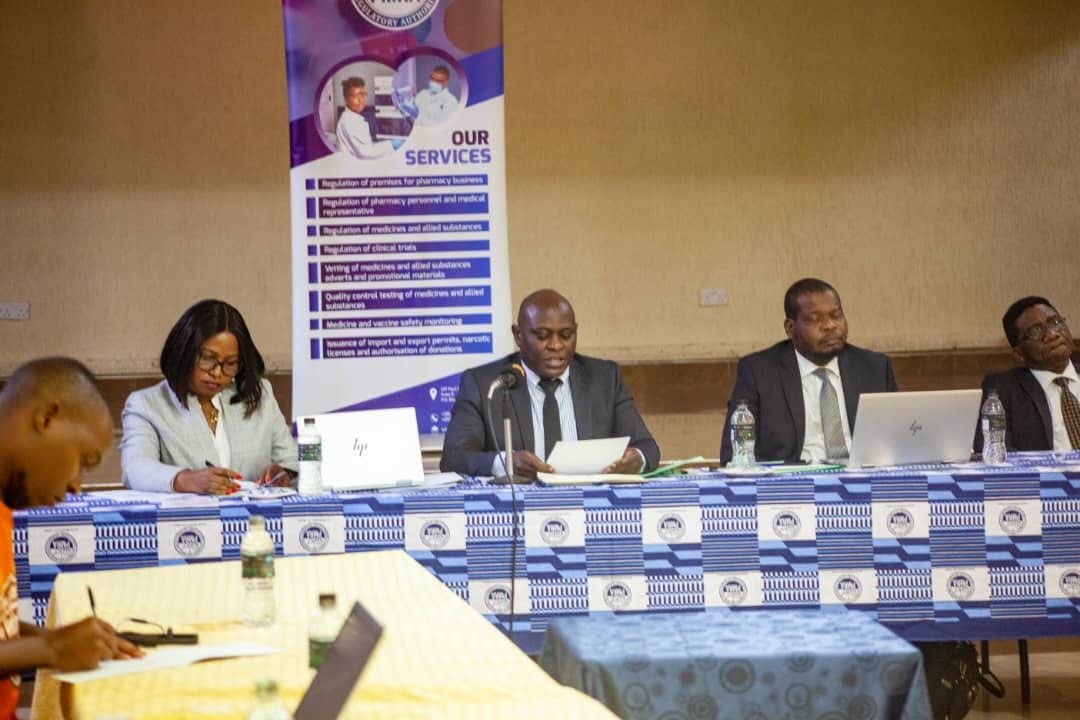Malawi Pharma Authority Condemns "Misleading" Study on Drug Quality
The Bahir Dar University study found that over 1,000 samples out of 7,000 failed quality tests, with antibiotics and anti-malarials identified as commonly falsified drugs.

Lilongwe, Malawi - The Pharmacy and Medicines Regulatory Authority (PMRA) has criticized a recent study claiming Malawi has a high prevalence of substandard and falsified medicines, urging researchers to adhere to best practices and avoid misleading the public, writes Abraham Bisayi.
The study, conducted by researchers at Ethiopia's Bahir Dar University and published in The Guardian newspaper on August 4, 2024, examined the quality of anti-malaria medicines, drawing samples from retail pharmacies but excluding government health facilities.
"The findings cannot be used to generalize the quality of all anti-malarial medicines used in Malawi as portrayed by the University," said Mphatso Kawaye, Director General of PMRA, during a press briefing on Tuesday.
Kawaye emphasized that PMRA oversees a rigorous system for importing and registering medicines, with only authorized pharmaceutical wholesalers, including Central Medical Stores Trust and private wholesalers, permitted to import directly from manufacturers.
He assured stakeholders and the public that Malawi has the capacity to assess medicine quality for registration and market monitoring.
Godfrey Kadewere, Director of Health Technical and Support Services at the Ministry of Health, echoed the PMRA's concerns.
"Government promotes research and regulations," he said.
"Publication of studies should prompt PMRA to safeguard the quality of medicines in the country, not mislead the public."
The Bahir Dar University study found that over 1,000 samples out of 7,000 failed quality tests, with antibiotics and anti-malarials identified as commonly falsified drugs.


